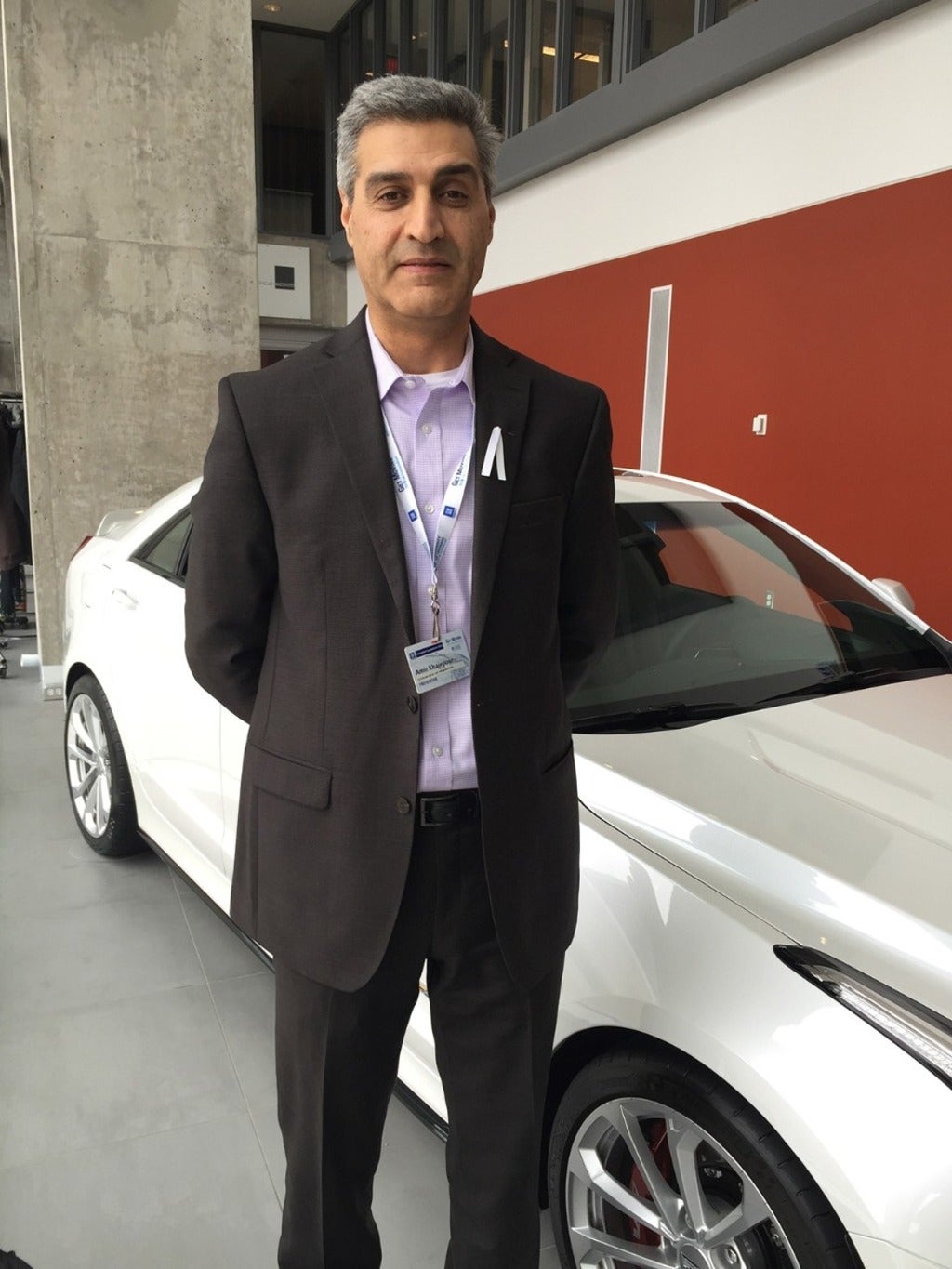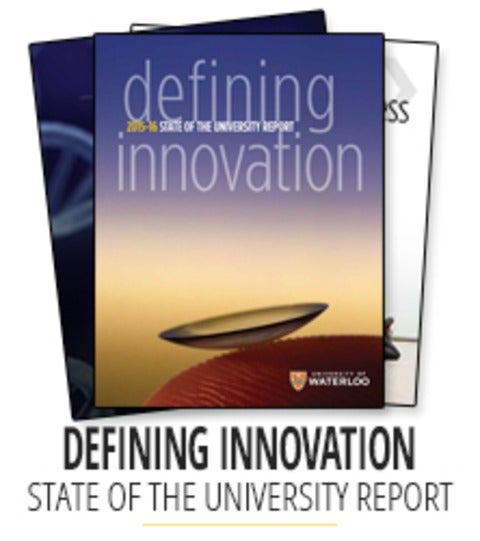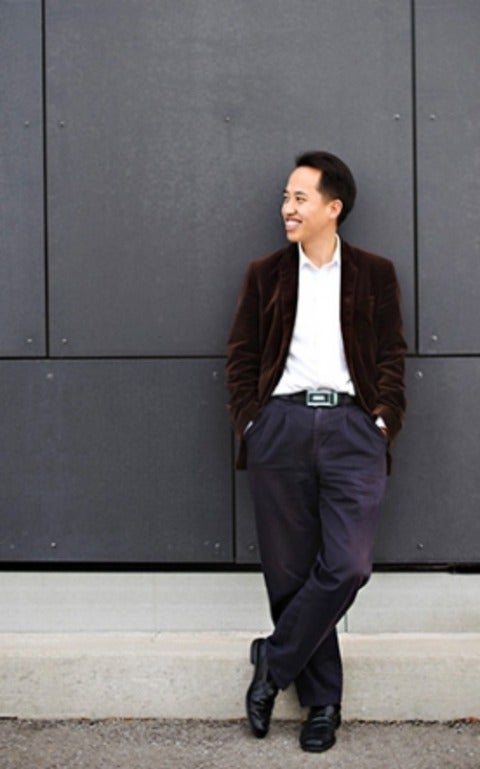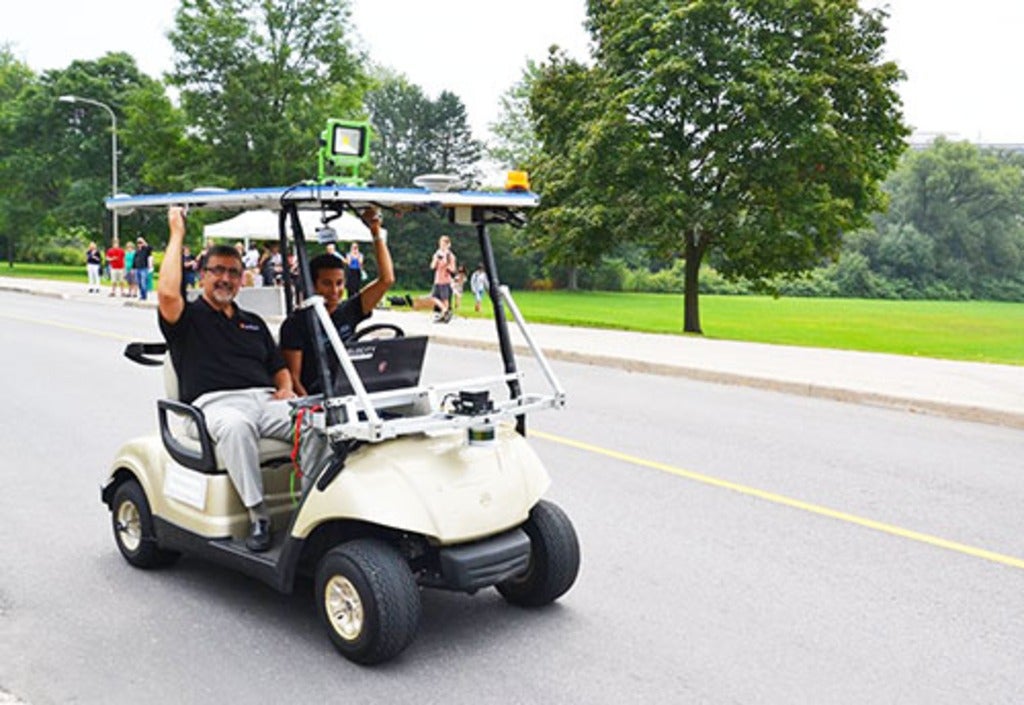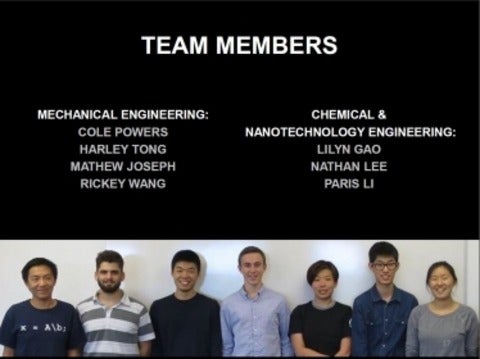WAVELab director discusses testing driverless cars
Driverless cars are no longer just being driven in The Jetsons' futuristic utopia.
Steve Waslander spoke with the CBC's Matt Galloway about how the future is today with the province taking the lead on allowing self-driving cars to be tested on our roads.
